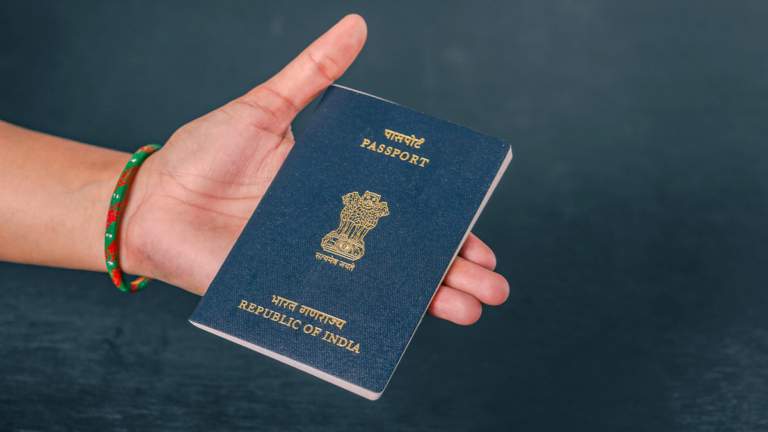Meaning of vacation in english
What does vacation mean in English? Well, it’s a day off work or school. You can use the word “vacation” to describe a person who is on vacation or even just the time when you go on vacation. For example, “I’m going on my annual vacation this summer.”
So have fun and enjoy your time off!
Meaning of vacation in english
A period of rest and freedom from work, study, etc.; time of recreation, usually a specific interval in a year.
A period of time devoted to pleasure, rest, or relaxation, especially one with pay granted to an employee.
To take or spend a vacation.
(rare) The act of making vacant.
Vacation means the time allotted by an employer for an employee to not be present at work.
The time someone takes from work to travel is an example of vacation.
Vacation is defined as taking a break from your regular work or routine to relax.
A restful family trip out of town is an example of a vacation.
A holiday.
To take a vacation.
Freedom from some business or activity. [from 14th c.]
The act of vacating something; moving out. [from 19th c.]
The Conservative Party’s vacation of the centre ground gave an opportunity to its opponents.
(US, law) The act of making legally void.
(intransitive) To spend or take a vacation.
This year, we’re vacationing in Mexico.
Freedom from any activity; rest; respite; intermission.
A fixed period of holidays, especially one during which a school, court, or business suspends activities.
A period during which official activity or business is formally suspended; an official holiday from university, law courts etc. [from 15th c.]
(North America) A holiday; a stretch of leisure time away from work or duty and devoted to rest or pleasure. [from 19th c.]
The act or an instance of vacating.
To spend one’s vacation.
To vacation in Maine.
(law) A formal recess between terms of a court.
Meaning of summer vacation
Summer vacation or summer break is a school break in summer between school years and the break in the school academic year. Students are typically off between eight and nine weeks. Depending on the country and district, staff might be partially or fully excluded.
In the United States, summer break is approximately two and a half months, with students typically finishing the school year between late-May and late-June and starting the new year between early-August and early-September. In Spain, Portugal, Republic of Ireland, Italy, Greece, Georgia, Lithuania, Latvia, Lebanon, Romania and Russia, the summer break is normally three months, compared to three to six weeks (sometimes 2 months) in Australia, Brazil, the United Kingdom, Pakistan, Bangladesh, India, Denmark, the Netherlands, Slovakia and Germany.
Summer vacation is a time when students enjoy their free time. It is a fun time for students as they get the opportunity to perform their favorite activities. They play, make new friends, and enjoy vacations with family. It is also an opportunity to explore new hobbies and skills. However, parents may feel intimidated by summer vacation. They may not know how to get their children involved in various activities. However, parents can send their children to summer camp during summer vacation.
Summer vacation has an important place in students’ lives. They look forward to enjoying the eight to nine weeks-long vacation. Some popular activities that students can enjoy during the vacation include:
- Volunteering at an NGO
Children can spend their holidays volunteering with an organization. Many organizations provide summer internships for students. It is like a training camp that enhances professional skills in students.
- Join hobby clubs
Joining hobby clubs is a great way to learn new skills. Moreover, the clubs also help students discover their hidden talents. Many times, students are unaware of their creativity, and hobby classes help them realize their potential.
- Start a blog
If a child loves beading stories through words, they can start a blog during the summer vacation. Blogging is excellent to express your opinions on a particular topic. Moreover, it also improves the communication skills of children.
- Summer job
Children can take a part-time summer job to learn professional skills. These jobs prepare them to be a part of the future workforce.
- Learn something new
Children can try their hands on something new during the vacation. It will help them hone their skills.
